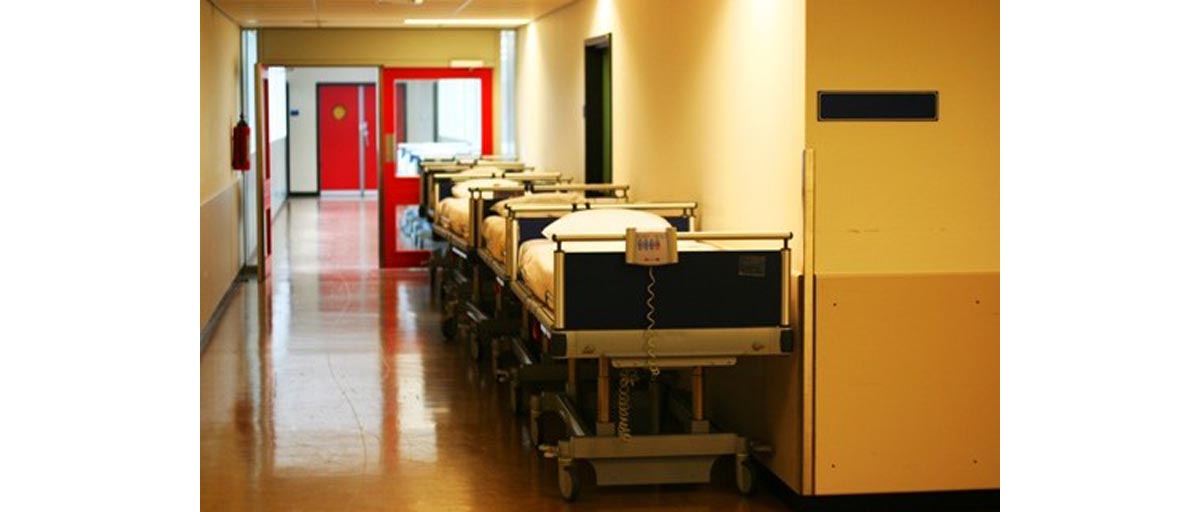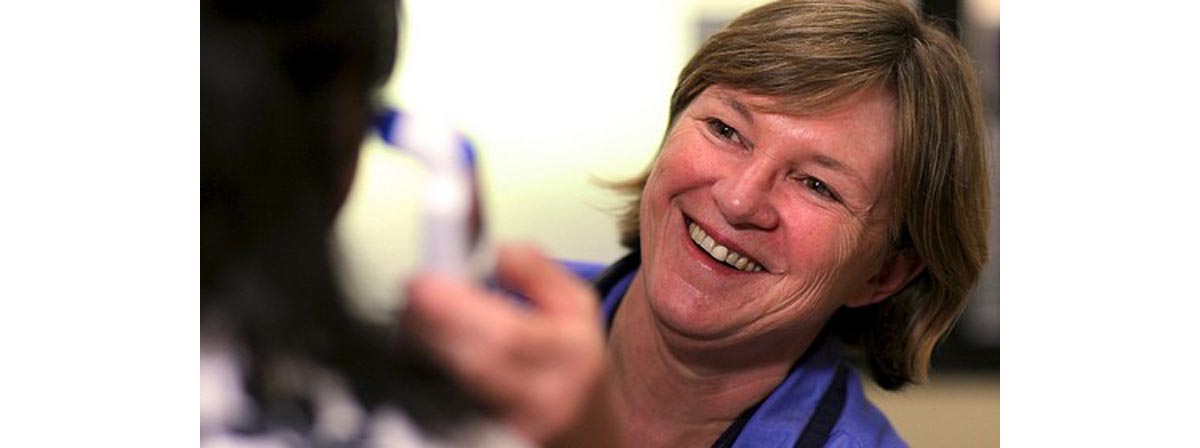In the confusing budget process of the US federal government, sometimes more is less but less is more. In late April the Centers for Medicare and & Medicaid Services announced an overall 0.9% increase in federal spending on hospital care for Americans, coupled with an 0.8% decrease in federal spending on hospital care for Americans treated by hospitals who serve large numbers of patients in "disproportionate share" categories.

What Is "Disproportionate Share?"
The Centers for Medicare & Medicaid Services recognizes 3,109 hospitals across the United States that have unusually high expenses due to providing services to an unusually large number of low-income, underinsured, and uninsured patients.
These hospitals usually are found in large cities, especially in New York and New England, California, and the Pacific Northwest, although the program also pays for care in hospitals that provide services for remote and rural populations, such as the huge University Health Care System in San Antonio, Texas and relatively tiny Othello Community Hospital in Othello, Washington, which provides care to migrant workers and their families who labor on nearby farms.
Any hospital that spends more than 1% of its budget on care of the needy, as defined by the law authorizing the program, can receive a federal payment. The amount of the payment is limited to the actual cost of providing services for the poor. The largest amounts of funding are awarded to teaching hospitals and to hospitals that serve the poor, some of them of the receiving tens of millions of dollars per year in federal payments.
Over $20 Billion Per Year Spent on the Disproportionate Share Program
Through the end of 2013, these "disproportionate share" hospitals receive additional compensation from the federal government because they spend additional money providing other-uncompensated services to the poor, each state receiving a lump sum that is distributed to hospitals in accordance with a complicated formula. When Obamacare comes on line in January of 2014, this funding will be gradually reduced and essentially eliminated by 2020, with planned reductions of $17.4 billion in spending for the disproportionate share program.
But Reduction in Disproportionate Share Compensation Will Not Necessarily Mean Hospitals Have Lower Revenues
Reducing disproportionate share compensation,however, does not mean all hospitals will have lower revenues. The Affordable Care Act expands the Medicaid program so that many people who have no medical insurance now will have excellent medical insurance in 2014--or at least that was the idea. As the Obama administration was informed last year and millions of Americans are only finding out now, not every state is cooperating with the implementation of Obamacare.
How State Legislatures Are Reducing Hospital Funding
One of the ideas of Obamacare was to replace the Medicaid system, the method states use to provide medical services to the poor, with regular insurance coverage. Instead of a cumbersome separate system with its own rules and regulations that differ in every state, the poor would become eligible for the same kinds of health insurance as wealthier people, with part or all of their health insurance premiums covered by a federal grant to their states. The poor would not be absolutely required to participate in the insurance program, but if they did, they could only receive medical care costing as much as their medical insurance premiums would have cost.

The problem with the program has turned out to be that not every person whose income falls below the poverty line is eligible for Medicaid now, and states are refusing to expand Medicaid coverage, so many of the working poor will be entirely left out of the new program.
For instance, the State of Kansas limits Medicaid coverage to persons who earn no more than 26% of the poverty level. That means a family of three with income greater than $4,963 per year earns to much to receive Medicaid, or to enroll in Obamacare.
The State of Virginia is even less generous. In Virginia, two parents and a child who earn more than 23% of the federal poverty level, more than $4,703 per year, will get neither Medicaid nor Obamacare. In Florida, that figure is $3,818 per year. In West Virginia, it is $3,054. And in Texas, it is $2,290. A family that earns $200 a month earns too much to receive help with medical bills in economic powerhouse Texas, even though the State of Texas would receive federal funding of $100 billion, with future state obligations of just $7 billion, to expand the program to its poor.
This means that while disproportionate share payments are being cut back, in 22 states dominated by anti-Obama legislatures, health insurance eligibility is not expanding to make up the difference.
Hospitals, however, are still required by federal law to provide care to anyone who needs it, whether or not they are paid. Moreover, the new Obamacare programs do not provide any coverage for the nation's 11 million illegal immigrants, who account for up to 95% of hospital costs at some facilities in Texas, Arizona, and Washington State.
If you are one of millions of people who won't be eligible for either program, there are still some things you can do--and we'll be explaining exactly what you can do in future articles. If you don't believe this is sensible policy, however, let your representatives and your governor know you expect better.
- Kaiser Commission on Medicaid and the Uninsured (2011). "Focus on Health Reform: Summary of New Health Reform Law" (PDF).
- Reuters, Texas Legislature Passes Measure To Prevent Medicaid Expansion, 27 May 2013.
- Photo courtesy of Woopidoo2 by sxc.hu : www.sxc.hu/photo/1031747
- Photo courtesy of DIBP images by Flickr : www.flickr.com/photos/diacimages/5566456007/


Your thoughts on this